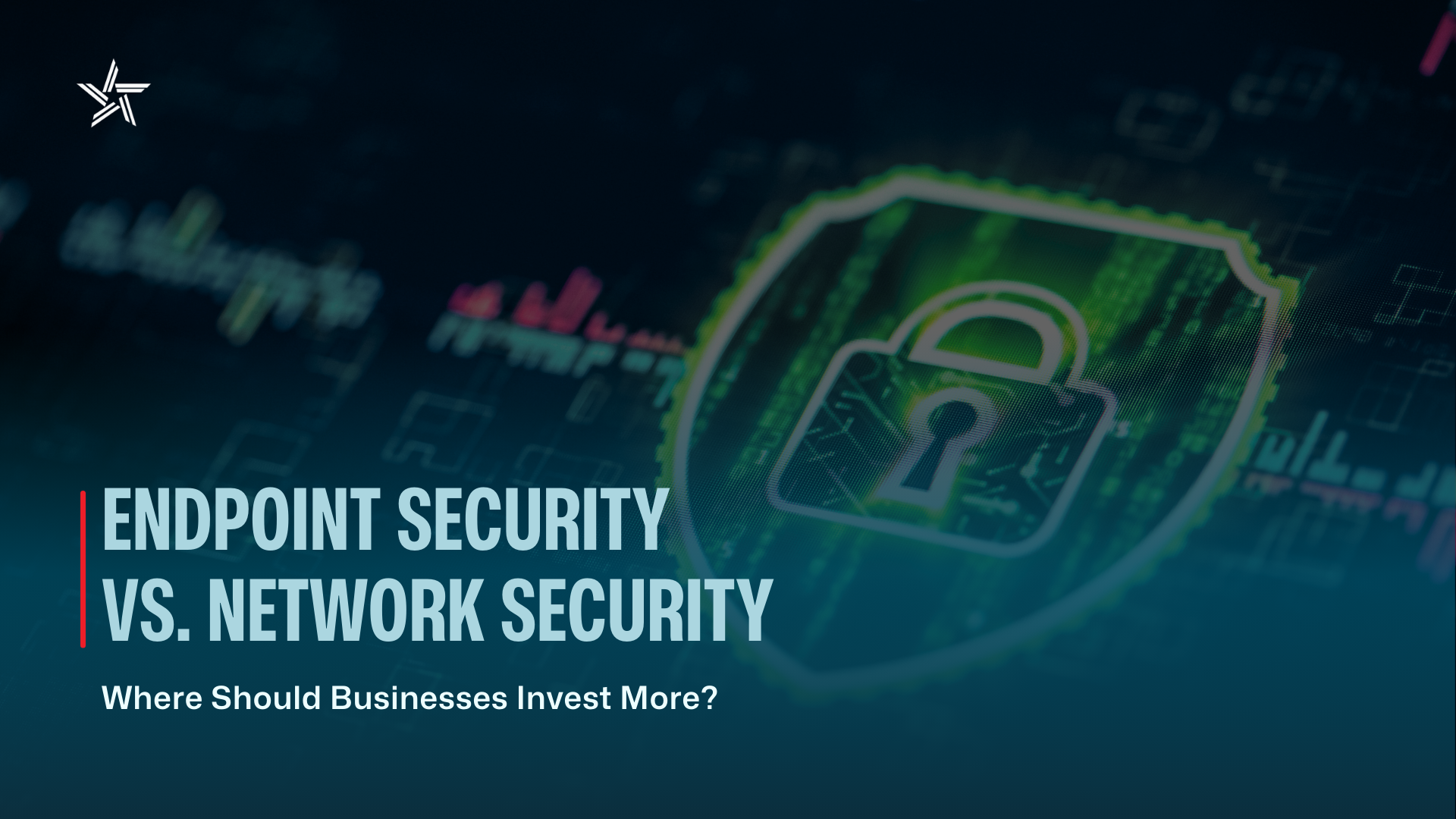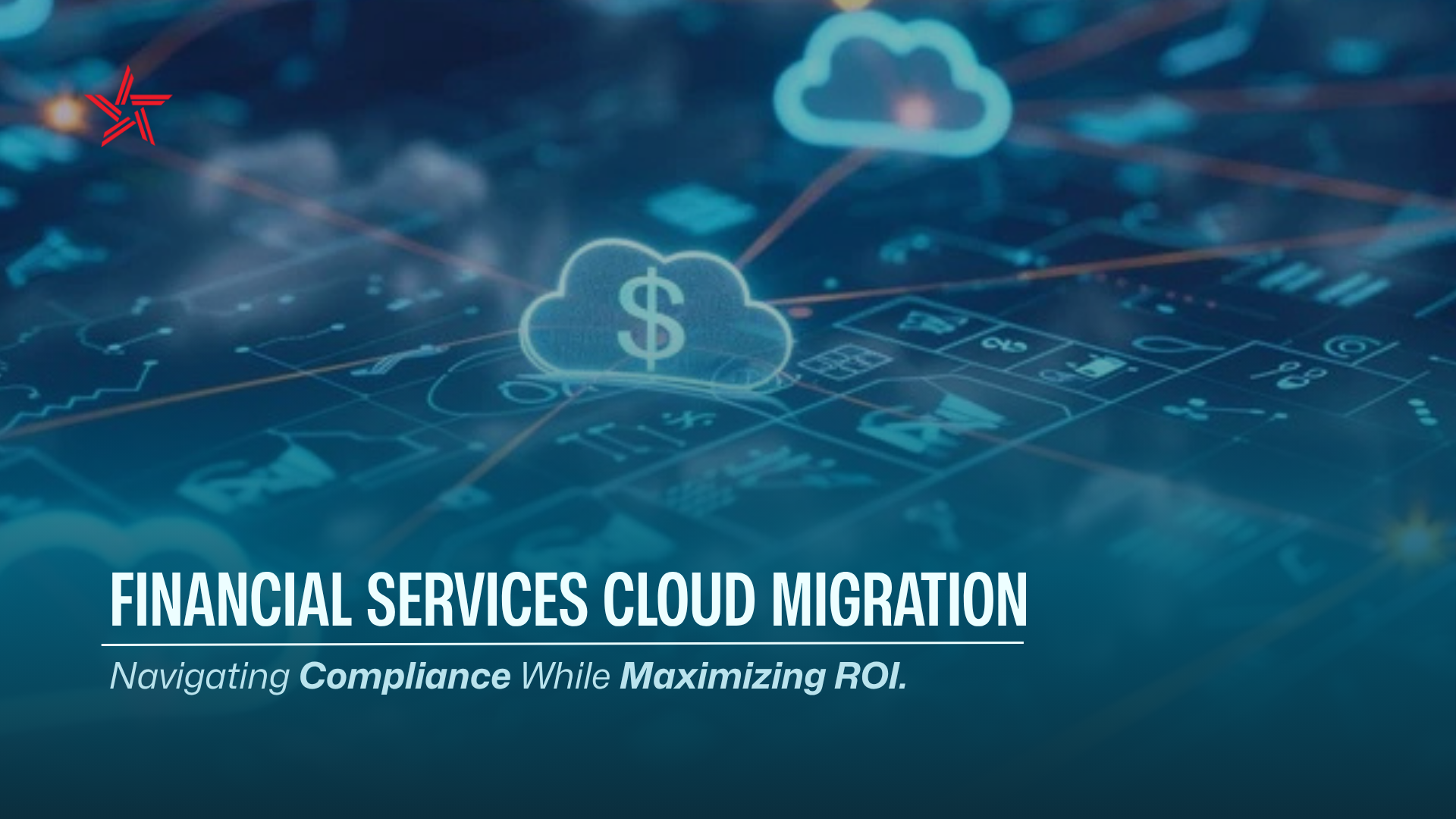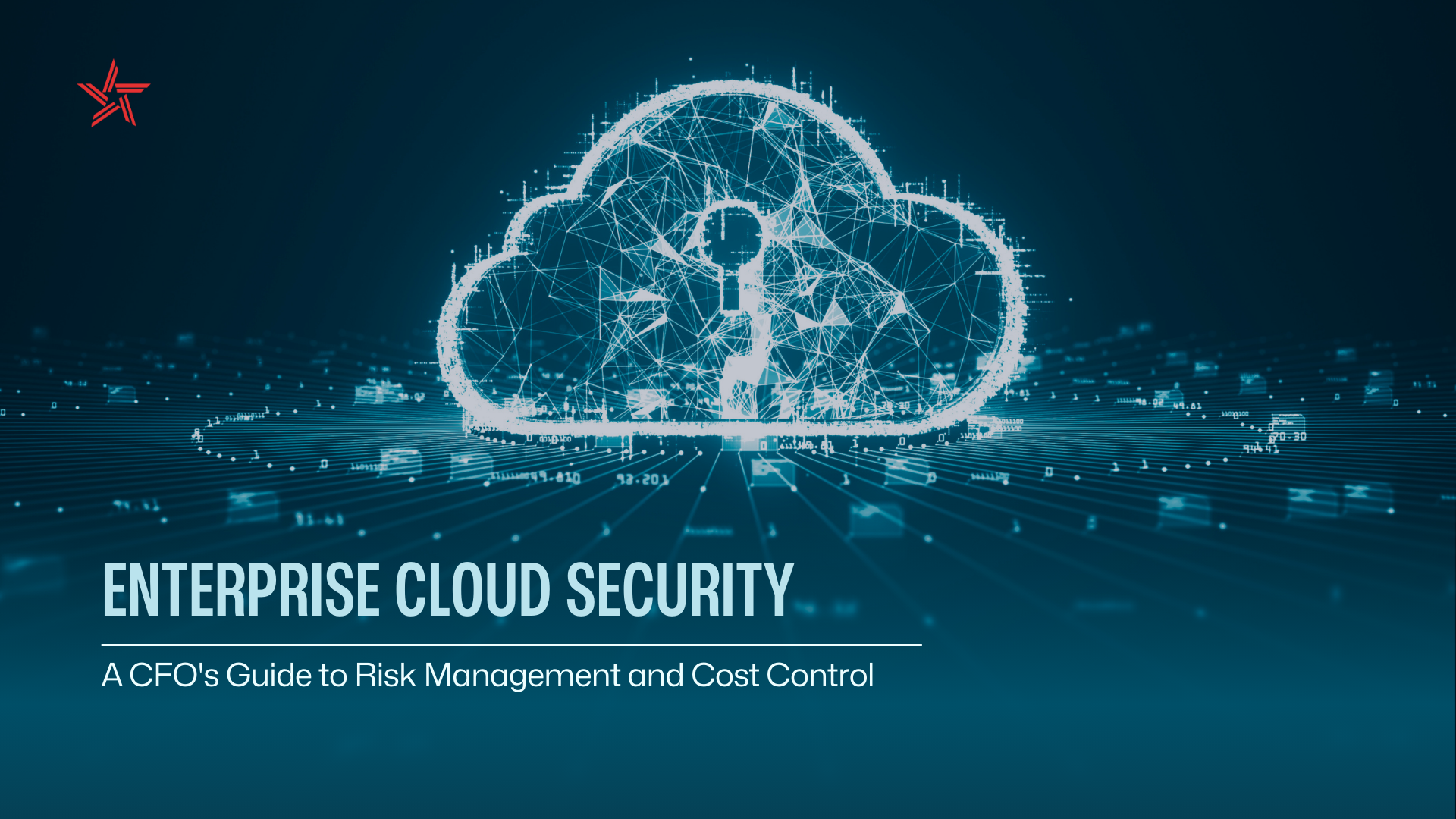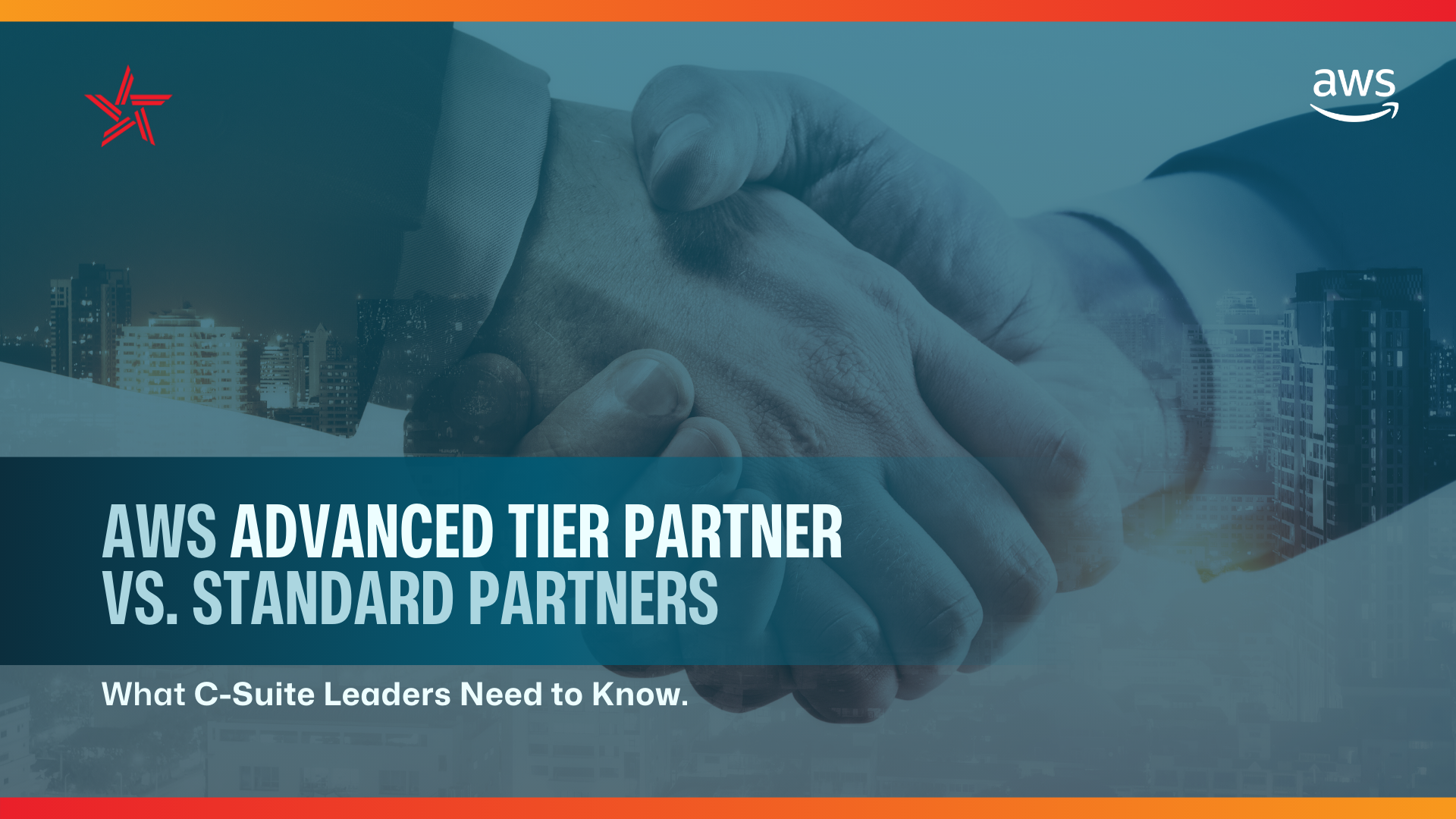
Prevention Saves You Millions
IBM’s Cost of a Data Breach Report 2024 puts the global average cost of a breach at USD 4.88 million. In healthcare, the number soars to USD 10.93 million per incident - the highest across industries (Source: IBM).
For BFSI and technology-driven businesses, the stakes are even higher. A single breach doesn’t just hit the balance sheet; it cripples operations, shatters compliance, and erodes trust.
This brings us to a pressing boardroom debate:
Should businesses invest more in Endpoint Security or Network Security?
Endpoint vs. Network Security: What’s the Difference?
Network security is the perimeter fence, protecting the pathways where data travels. It uses firewalls, VPNs, intrusion detection systems, and segmentation to stop unauthorized access and keep an eye on information flow.
Endpoint security is the lock on every door, protecting individual devices like laptops, mobiles, and IoT. It relies on antivirus software, endpoint detection & response (EDR), encryption, and patch management to secure each device.
The Real Costs of Endpoint Breaches
When breaches happen, businesses lose much more than money. The impact ripples across multiple dimensions:
- Financial Losses – Breaches trigger direct remediation costs, lawsuits, regulatory fines, and revenue leaks.
- Operational Disruption – From banking systems going offline to delayed medical reports in hospitals, downtime bleeds productivity.
- Reputation & Trust – Customers in BFSI or healthcare don’t forgive easily. One breach can undo years of brand credibility.
- Compliance Penalties – Non-compliance with GDPR, HIPAA, PCI DSS or RBI mandates can result in multi-million-dollar fines.
- Human Cost – Stress on employees, loss of morale, and sometimes even data misuse that impacts customers’ personal lives.
Why Endpoints Are the Weakest Link
While firewalls and intrusion detection secure the network perimeter, attackers today prefer easier entry points. Endpoints have become the soft underbelly of enterprise security because of:
- Unpatched Devices – Delays in security updates make endpoints sitting ducks.
- BYOD (Bring Your Own Device) – Personal devices with weak security policies create hidden entryways.
- Remote Work Expansion – Hybrid setups extend enterprise attack surfaces beyond corporate walls.
- Shadow IT – Unmonitored, unsanctioned apps and devices used by employees fly under the radar.
Think of endpoints as digital doorknobs - touched daily, everywhere. And every touch is a potential breach.
Preventing the Costs: Smart Endpoint Defence
CIOs and CISOs across industries are now shifting to a proactive, integrated approach. Instead of reactive firefighting, the focus is on:
- Unified Endpoint Management: Centralize device control and eliminate vulnerable gaps across OS, apps, and configurations.
- Automated Patching & Compliance: Speed up updates, shrink human error, and keep all endpoints resilient.
- Continuous Monitoring & Visibility: Use real-time analytics and threat intelligence for instant detection and early intervention.
- Zero Trust Mindset: Blend endpoint and network protections to ensure no device or user assumes trust by default.
Business Value: Protecting Revenue, Trust & Growth
For industry leaders, securing endpoints isn’t just IT hygiene; it’s a business necessity. Every device protected is potential revenue preserved, regulatory risk mitigated, and customer trust reinforced. Especially in regulated sectors like BFSI and healthcare, where a breach can mean lost millions, destroyed reputations, and compromised futures
Every dollar spent in prevention protects a million in reputation.
So, Where Should You Invest More?
This isn’t about choosing one over the other. Network security remains essential, but it guards the perimeter. But in today’s cloud-first, remote-enabled world, endpoints are where work happens, where data lives, and where breaches begin - businesses that underinvest here leave their crown jewels exposed.
Don’t wait to calculate breach costs after the damage is done.
Protect your endpoints, protect your business. Contact Lauren Group to strengthen your digital defence before attacker's strike.


